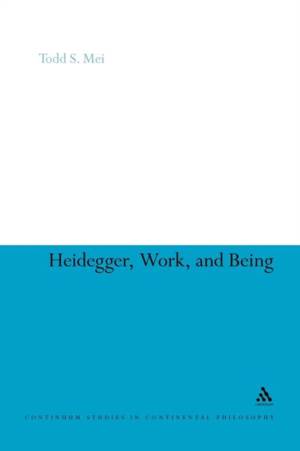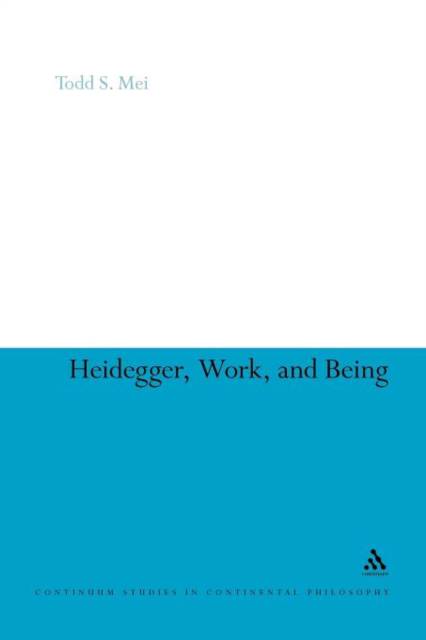
Je cadeautjes zeker op tijd in huis hebben voor de feestdagen? Kom langs in onze winkels en vind het perfecte geschenk!
- Afhalen na 1 uur in een winkel met voorraad
- Gratis thuislevering in België vanaf € 30
- Ruim aanbod met 7 miljoen producten
Je cadeautjes zeker op tijd in huis hebben voor de feestdagen? Kom langs in onze winkels en vind het perfecte geschenk!
- Afhalen na 1 uur in een winkel met voorraad
- Gratis thuislevering in België vanaf € 30
- Ruim aanbod met 7 miljoen producten
Zoeken
Omschrijving
In a world of changing work patterns and the global displacement of working lifestyles, the nature of human identity and work is put under great strain. Modern conceptions of work have been restricted to issues of utility and necessity, where aims and purposes of work are reducible to the satisfaction of immediate technical and economic needs. Left unaddressed is the larger narrative context in which humans naturally seek to understand a human contribution to and responsibility for themselves, others and being as a whole. What role does human work play in the development of the world itself? Is it merely a functional activity or does it have a metaphysical and ontological calling? Heidegger, Work, and Being elucidates Heidegger's philosophy of work, providing a novel interpretation of the Aristotelian understanding of work in relation to Heidegger's ontology and notion of thanking. Todd S. Mei employs Heidegger's hermeneutical approach to a critique and reconstruction of an understanding of work to show that work, at its core, is an activity centred on thanking and mutual recognition.
Specificaties
Betrokkenen
- Auteur(s):
- Uitgeverij:
Inhoud
- Aantal bladzijden:
- 188
- Taal:
- Engels
- Reeks:
- Reeksnummer:
- nr. 80
Eigenschappen
- Productcode (EAN):
- 9781441156471
- Verschijningsdatum:
- 29/12/2011
- Uitvoering:
- Paperback
- Formaat:
- Trade paperback (VS)
- Afmetingen:
- 156 mm x 234 mm
- Gewicht:
- 272 g

Alleen bij Standaard Boekhandel
+ 176 punten op je klantenkaart van Standaard Boekhandel
Beoordelingen
We publiceren alleen reviews die voldoen aan de voorwaarden voor reviews. Bekijk onze voorwaarden voor reviews.









